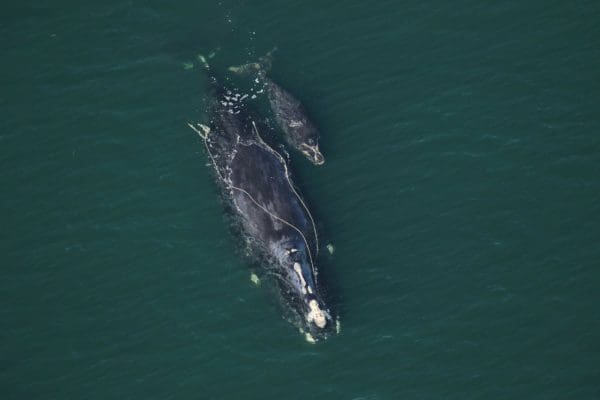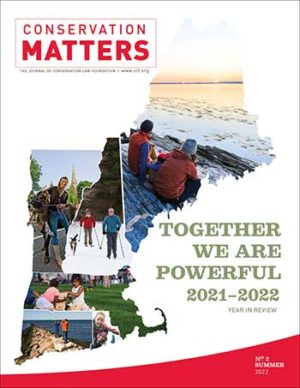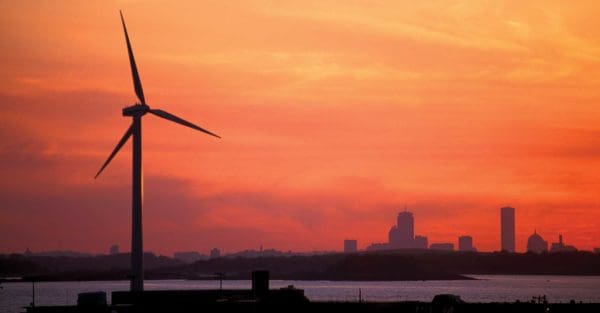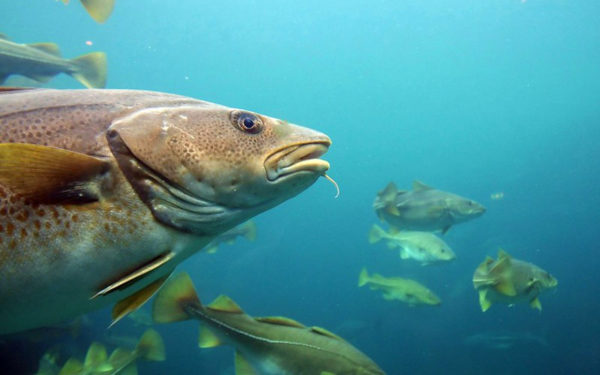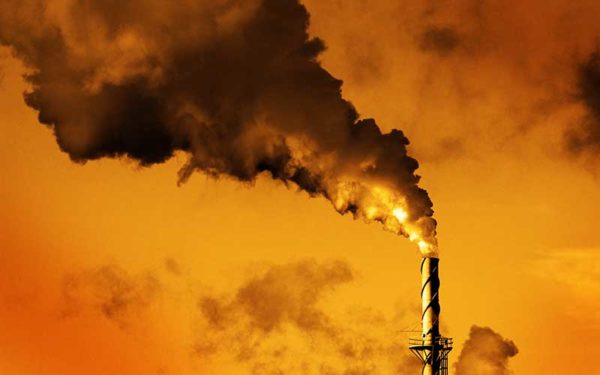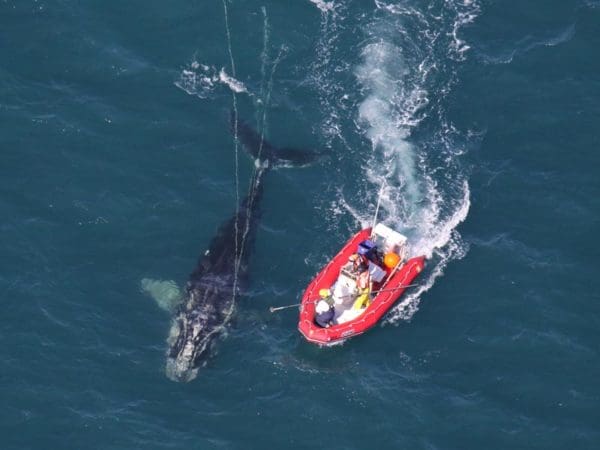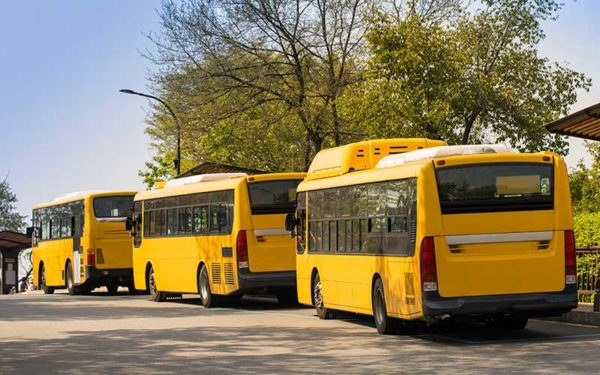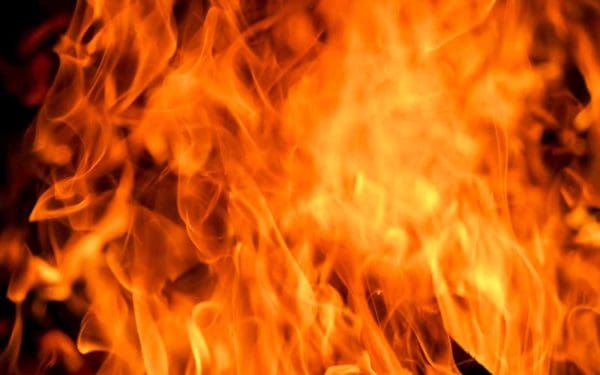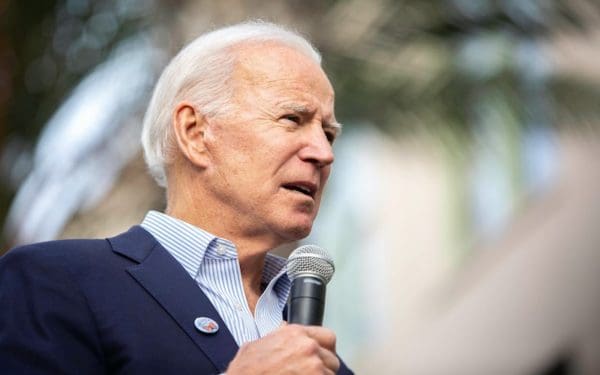Aug 01, 2022
Fewer than 350 North Atlantic right whales remain on the planet today and that makes an encounter with one a rare experience. Yet, sadly, the entanglement scars that about 85% of these precious creatures carry on their bodies are far from rare. A solution is in the works that could allow whales and lobstermen to coexist: ropeless gear.
Jul 25, 2022
As part of the CLF community, you are combining your voice with thousands of others across our region to push for a healthier and more thriving New England for all. You are directly supporting meaningful change for your state, your community, and your neighborhood – change that you’ll read about in the pages of this… Continue reading Conservation Matters Summer 2022: Year in Review
Jul 21, 2022
Just as CLF helped to lead the passing of landmark laws in almost every New England state, we must now watchdog their implementation. Because the consequences if these laws languish are too dire to be ignored.
Jul 15, 2022
Federal fishery managers denied CLF’s petition to end overfishing and rebuild Atlantic cod. Now, New England fishery managers begin a third attempt to save cod.
Jul 13, 2022
The Supreme Court’s decision in West Virginia is a setback, to be sure. But it is also a reminder of the importance of action at the regional, state, and local levels – action that we have been leading here in New England for more than a decade as we waited – and waited – for federal climate rules to come into play.
Jul 12, 2022
More than three generations of North Atlantic right whales have been lost to the threat of entanglement. The solutions to save these vulnerable species exist and it is up to us to ask our leader for better protections for these majestic animals.
Jul 12, 2022
Slashing polluting emissions from medium- and heavy-duty vehicles is a critical part of our climate fight.
Jul 11, 2022
So-called “advanced recycling” is a ruse. The term is part of a larger disinformation – or greenwashing – campaign. That campaign’s goal: to distract lawmakers and the public from real solutions to the world’s plastic crisis.
Jun 09, 2022
We’re opposing these toxic ways of disposing of trash.
May 20, 2022
New federal and state laws and policies require government agencies to invest in environmental justice populations. The details behind these requirements must recognize the primary predictor to experience environmental burdens: race. CLF is working to ensure that government investments reach the populations who have endured the brunt of pollution and other consequences of climate change.
